Blog

Parodontax Toothpaste Alternative
Once you realize the role toothpaste actually plays in your oral health, everything changes, and you’re no longer willing to settle for whatever is cheapest or most convenient. The right...
Read More >
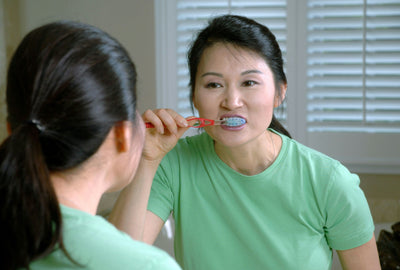
Sensodyne Alternative: What’s the Best Alternative to Sensodyne Toothpaste?
Gum and tooth sensitivity can take a toll on your day-to-day life, making something as simple as enjoying hot soup or drinking a glass of cold water painful. Sensodyne toothpaste...
Read More >

Best Toothpaste for Plaque Removal
Some people don’t think twice about the toothpaste they use. Others realize it’s the foundation of their oral health hygiene, and won’t settle for anything less than the best toothpaste...
Read More >
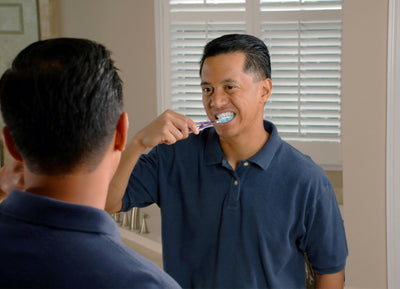
Best Toothpaste for Gum Disease
As much as 50% of the world’s population will be impacted by gum disease in some way or another at some point. We simply can’t accept this staggering figure, considering...
Read More >

What Are Teeth Made Of? Understanding The Composition Of Teeth
Teeth are an essential part of the human body. They play a crucial role in our daily lives, from helping us to chew our food to providing us with a...
Read More >

Falling Asleep Without Brushing Your Teeth: Why Is It So Bad?
If you forget to brush your teeth at night every once in a while, you're not alone. But when failing to brush becomes a bad habit, you could be taking...
Read More >
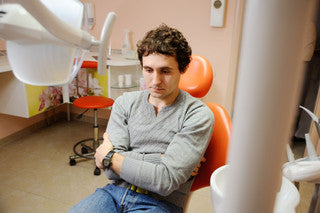
How Do Fad Diets & Fasting Impact Your Oral Health?
As the end of the year approaches, many people start thinking of ways to make positive changes to their health. This is the time of year when people are more...
Read More >

An Open Letter To Those Affected By The Fires In Los Angeles
An Open Letter To Those Affected By The Ongoing Fires In Los Angeles
Read More >
What Are The Dangers Of Scraping Hardened Plaque Yourself?
The World Health Organization reports that 125 million people have dental plaque issues worldwide. The United States accounts for 7.4 million of these cases. Removing plaque is necessary to keep tartar from...
Read More >
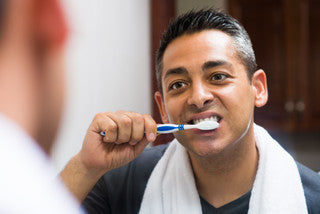
The Difference Between Dental Gels And Toothpastes
A lot of popular toothpaste brands contain harsh abrasives and ingredients that do not have any role in cleaning teeth. While many people believe the abrasives in toothpaste help keep...
Read More >
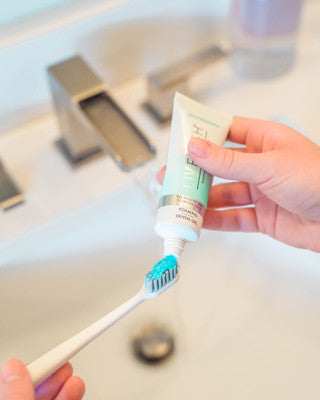
Our Dental Gel Works Wonders On Your Pet's Teeth
There are very few pleasures that beat the joy of having a pet around. When your dog comes bounding up to you happily, you want to play with it. But...
Read More >
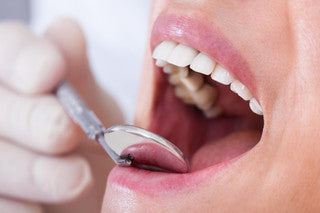
What You Need To Know About Canker Sores And Oral Mucoceles
Without warning, sores and growths can develop on or in your mouth. While most common mouth sores and growths do not pose as serious risk to the health of those affected,...
Read More >
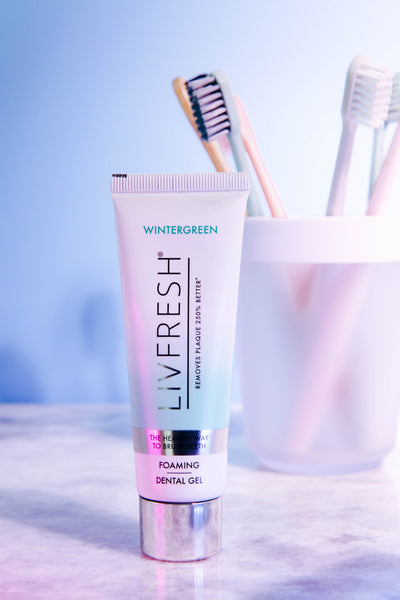
The Common Ingredients In Every Toothpaste
Brushing our teeth is one of those activities we’ve been doing routinely all our lives. We’ve been told since early childhood that if we are to have the “smile that...
Read More >
